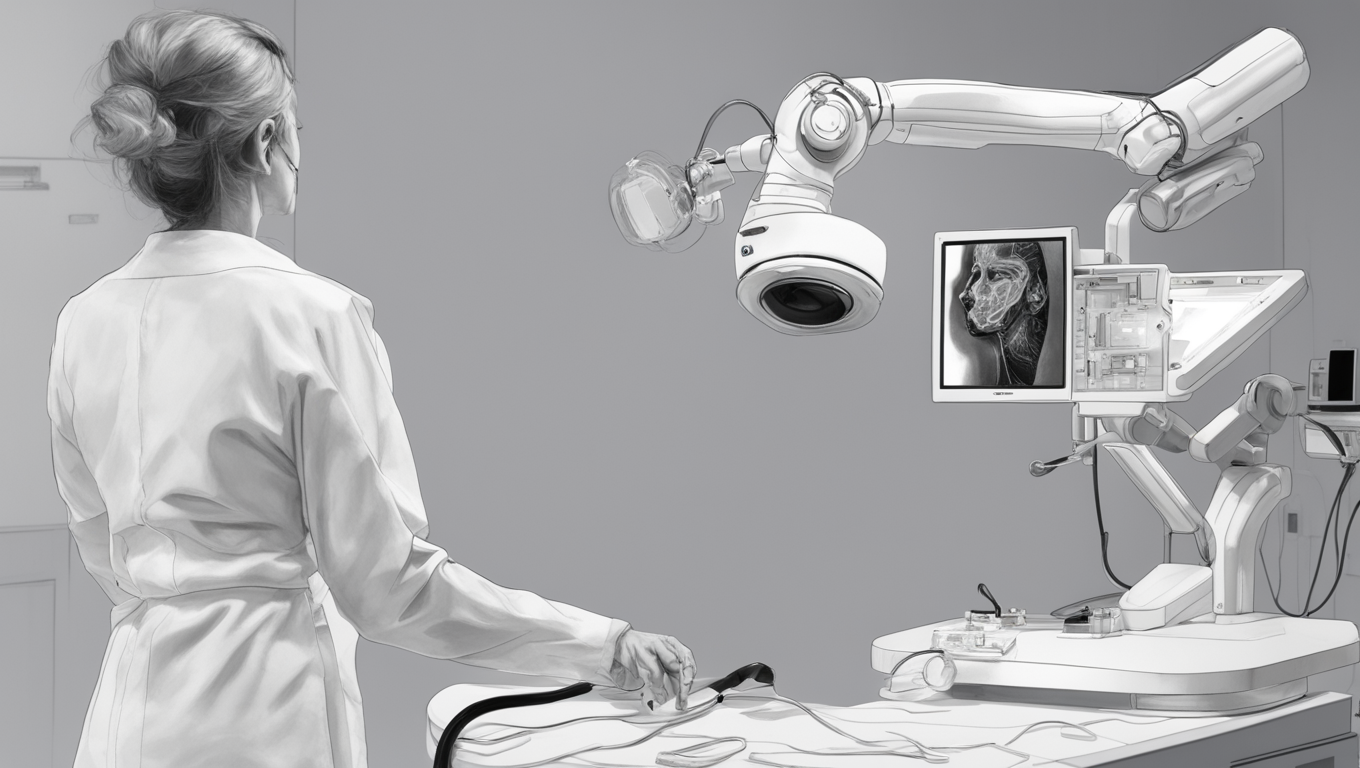Advancements in artificial intelligence (AI) continue to revolutionize the healthcare industry, with a recent survey suggesting that most people would prefer AI to assess them for skin cancer rather than waiting weeks to see a doctor. The National Health Service (NHS) in the UK has recognized the potential of AI technology in analyzing images for signs of skin cancer, a process that studies have shown to be as accurate as a doctor’s assessment. Not only does AI have the potential to be just as accurate, but it can also complete the assessment in a matter of seconds, potentially saving an enormous amount of time for cancer specialists and reducing waiting lists.
Currently, patients who are considered at urgent risk for skin cancer have to endure a waiting period of about two weeks for a scan. Non-urgent cases often wait even longer, often for months. There were concerns, however, that patients would be wary of having AI software analyze their skin for cancer, doubting its accuracy. These concerns have been dispelled by recent research, which revealed that 62% of patients would rather have an AI diagnose them than wait for weeks to see a doctor. Additionally, nearly 80% expressed confidence in the ability of computers to assist doctors in the analysis of skin cancer photos. Only 15% of respondents felt uncomfortable with the idea of having their scans evaluated by AI software.
The impact of AI in skin cancer assessments is particularly significant in the UK, where there are approximately one million urgent skin cancer referrals on the NHS every year. Typically, these referrals occur when patients or their general practitioners (GPs) notice a new skin lesion or an abnormal lump, bump, ulcer, or sore on the skin. While the majority of these lesions are not cancerous, approximately 8% of individuals referred for a scan will be diagnosed with either melanoma or squamous cell carcinoma, the two most common types of skin cancer. Melanoma alone claims the lives of about 2,300 people in the UK each year, while squamous cell carcinoma leads to about 1,000 deaths annually.
The survey that revealed patients' confidence in AI assessments was conducted by Skin Analytics, an AI firm whose skin cancer detecting software, DERM, is already being used in the NHS. The software carefully analyzes images of skin lesions and provides two outcomes: a low-risk case, where the patient is informed that no further investigation is necessary, or a high-risk case, where a consultant dermatologist takes over the case to make a diagnosis.
Dr. Lucy Thomas, a consultant dermatologist at Chelsea and Westminster Hospital, emphasizes the urgent need for solutions that help dermatologists prioritize early detection of skin cancers. She finds it encouraging that the survey results indicate patients are ready to embrace AI technology, as this support will play a crucial role in alleviating some of the pressures on NHS services and decision-making processes.
As AI continues to advance, finding practical applications for healthcare, its role in skin cancer assessments signals a significant breakthrough. With the potential to provide fast and accurate diagnoses, AI offers an opportunity to revolutionize the field of dermatology, potentially saving countless lives. By empowering doctors with the assistance of AI technology, the healthcare industry can better allocate its resources and provide timely and effective care to those in need.





Use the share button below if you liked it.